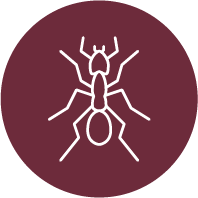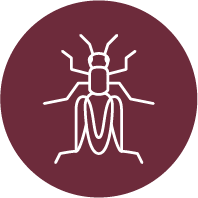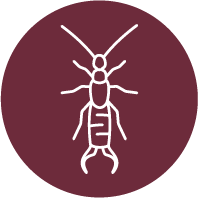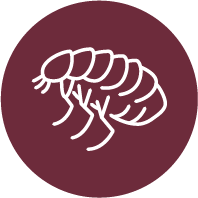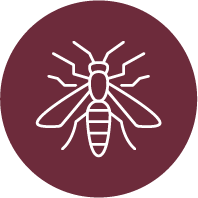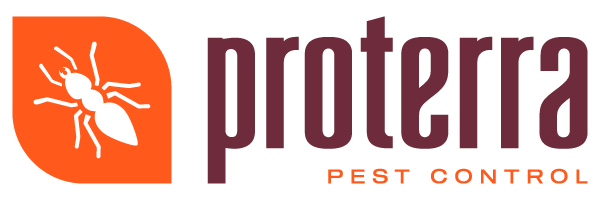Pest-Proofing Your Home in the Tri-Cities: Essential Steps for a Safe and Secure Environment
A home is more than just a place to live; it is a sanctuary where comfort and safety should be paramount. Pest-proofing is crucial in maintaining this sanctuary, ensuring it remains free from unwanted invaders. Pests pose significant health risks, including the transmission of diseases and triggering allergies. For example, cockroaches are known to carry bacteria like Salmonella, which can lead to food poisoning, while rodents can spread hantavirus and other serious illnesses.
Beyond physical health, there is a psychological comfort in knowing one's home is secure from pest invasions. The peace of mind that comes with a pest-free home is invaluable, reducing stress and promoting overall well-being. In the Tri-Cities area of Kennewick, Pasco, and Richland, WA, pest control is especially relevant. Local statistics indicate a notable presence of pest-related issues, with rodents and insects being common concerns for residents. This underscores the need for effective pest-proofing measures in these communities.
Identifying Common Entry Points for Pests
Pests often find their way into homes through various entry points, such as cracks in walls, gaps around windows and doors, and unsealed vents. These vulnerabilities can go unnoticed, allowing pests to infiltrate undetected. Homeowners can take
proactive steps by inspecting their property for these potential entryways. A thorough examination of the exterior and interior, paying close attention to areas where utilities enter the home, can reveal possible weak points.
Professional inspections can be invaluable for identifying less obvious entry points that might be missed by the untrained eye. Experts can provide a comprehensive assessment, ensuring all vulnerabilities are addressed.
Effective Sealing Techniques for Pest Prevention
Sealing entry points is a fundamental step in pest prevention. The use of materials like caulking and weatherstripping can effectively block pests from gaining access. Door sweeps and screens are also essential tools in creating a barrier against insects and rodents. These methods not only help in pest control but also improve energy efficiency by reducing drafts.
Regular maintenance of these seals is crucial. Homeowners should check and repair any deteriorating seals at least twice a year to maintain their effectiveness. Eco-friendly sealing products are available for those who wish to minimize their environmental impact, offering sustainable solutions without compromising on quality.
Maintaining a Clean and Pest-Free Environment
Cleanliness is closely linked to pest prevention. A tidy home is less attractive to pests, which are often drawn to food residues and clutter. A regular cleaning checklist can help deter pests, including tasks such as wiping down surfaces, storing food in airtight containers, and disposing of trash promptly.
Yard maintenance is equally important, as overgrown vegetation and debris can provide harborage for pests. Keeping the lawn trimmed and removing any standing water can significantly reduce the likelihood of pests entering the home. Insights from local residents suggest that consistent cleaning routines are effective in maintaining a pest-free environment, contributing to a healthier and more pleasant living space.
The Role of Eco-Friendly Pest Control Solutions
Eco-friendly pest control is an approach that prioritizes health and environmental safety. Organic-blended treatments offer an effective way to manage pest populations without the use of harmful chemicals. These solutions are designed to target pests while minimizing risks to humans, pets, and beneficial insects.
Tailored Pest Control Plans for Unique Needs
Every home is unique, and pest control plans should reflect this individuality. Customized pest control strategies are essential in addressing specific household needs and pest issues. Tailored plans offer long-term solutions, providing homeowners with peace of mind and confidence in their pest management approach.
Different strategies may be required for various types of homes and environments. For instance, a suburban home may face different challenges compared to a rural property. Local pest control services in the Tri-Cities offer personalized approaches, ensuring that each client's needs are met effectively.
Unlimited Service Guarantees and Their Benefits
An unlimited service guarantee in pest control provides homeowners with ongoing support and reassurance. This type of guarantee means that pest management services are available whenever needed, without additional costs. It offers significant advantages, ensuring continuous protection and quick response to any pest issues that arise.
Such guarantees enhance a homeowner's confidence in maintaining a pest-free environment, knowing that professional help is readily available. Testimonials from satisfied customers highlight the success of pest management under unlimited service guarantees, emphasizing the value of this comprehensive support.
Pest-proofing is a vital aspect of maintaining a safe and secure home environment in the Tri-Cities. By understanding the importance of pest control, identifying entry points, employing effective sealing techniques, and maintaining cleanliness, homeowners can protect their sanctuary from unwanted invaders. Eco-friendly solutions and tailored plans further enhance the effectiveness of pest management, ensuring a healthy and sustainable living space for all residents.

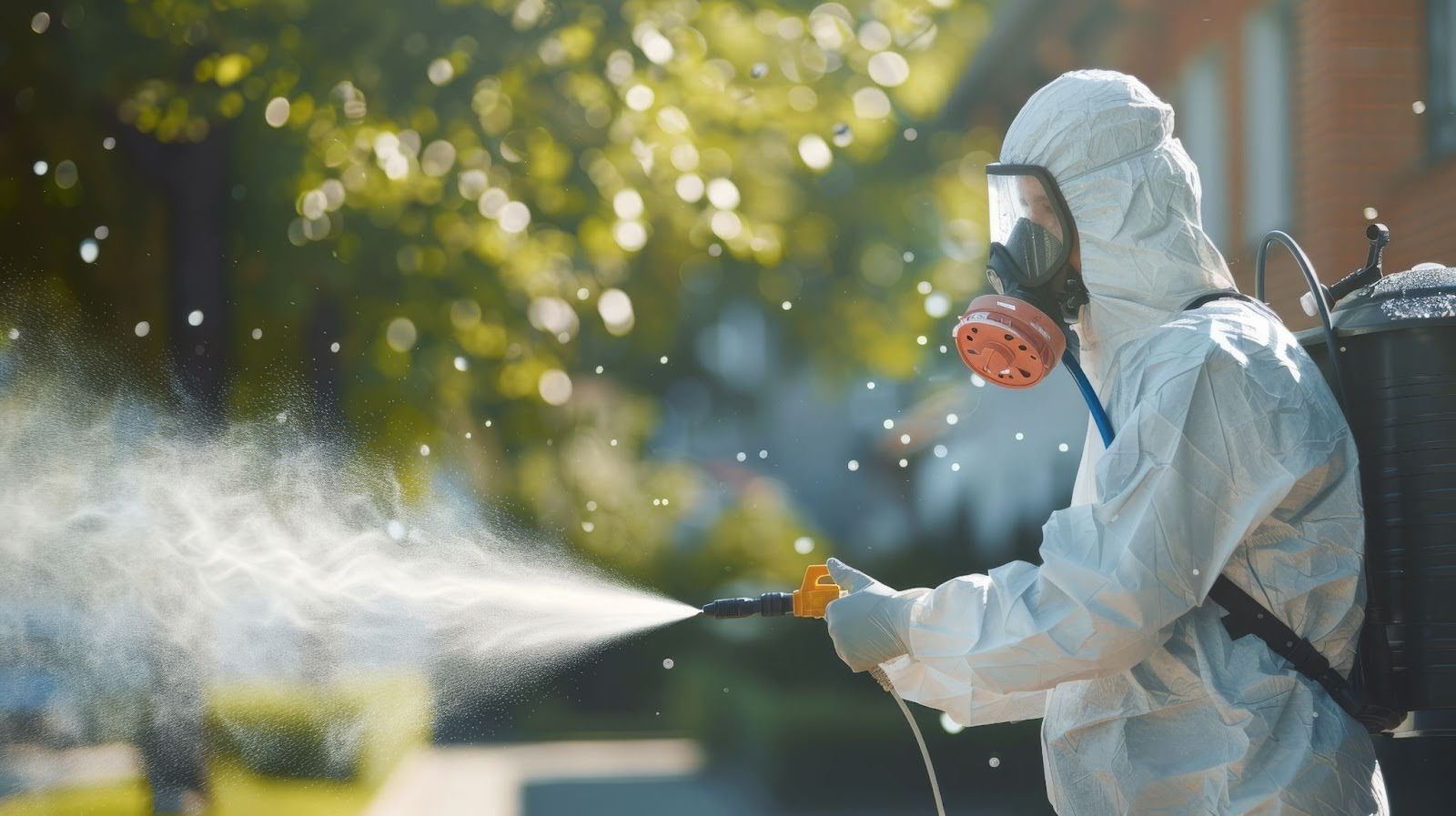

Pest Protect PLUS
Our Pest Protect PLUS Plan is our most popular plan as it protects you from all general AND large pests. It includes all general pests from the Pest Protect Plan as well as bait boxes for rodents (such as rats, mice and voles) in addition to an in-depth clean-out of other harmful pests (such as ticks, fleas and German roaches). Peace of mind comes best from the Pest Protect PLUS Plan because it provides the ultimate protection for your property and loved ones.
Get Started with our Most Popular Plan, Pest Protect Plus
In addition to the large and intrusive pests, our most popular plan includes BED BUGS, which means if you are enrolled on this plan and experience a bed bug infestation, you don't have to pay anything extra! Contact Proterra Pest Control today for a thorough inspection, effective treatment, and the pest control plan that will protect you and your loved ones the most every single day.
